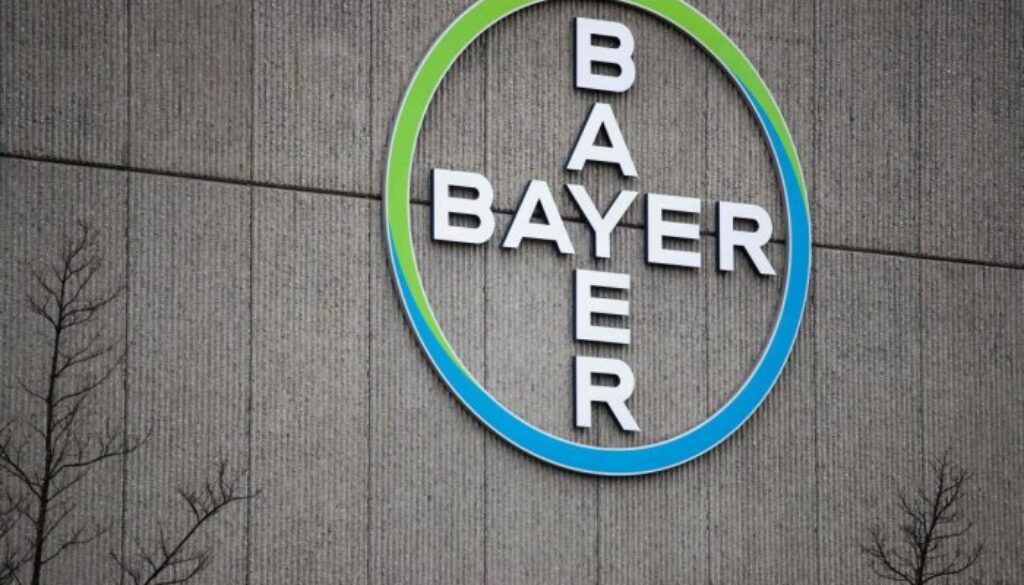Bayer wins latest Roundup cancer trial; tied 3-to-3 with plaintiffs for court wins
A Kansas City, Mo., jury on Thursday dismissed claims by a man who blamed his cancer on exposure to Monsanto’s Roundup herbicide, agreeing with the company that the weed killer was not the source of the man’s disease.
The conclusion of the month-long trial gives Monsanto owner Bayer AG three courtroom wins in a row and brings the nationwide litigation battle to a 3-to-3 tie: the first three trial wins went to the plaintiffs’ side and the last three to the defense.
“The jury’s verdict in favor of the company brings this trial to a successful conclusion and is consistent with the evidence in this case that Roundup does not cause cancer…” Bayer said in a statement. (Bayer bought Monsanto in 2018.)
The jury finding in favor of the company is “consistent with the assessments of expert regulators worldwide as well as the overwhelming evidence from four decades of scientific studies concluding that Roundup can be used safely and is not carcinogenic,” the company said in the statement.
Lawyers representing plaintiff Allan Shelton did not immediately respond to a request for comment.
Shelton was diagnosed with non-Hodgkin lymphoma in May 2016, a little more than a year after international cancer scientists affiliated with the World Health Organization classified the active ingredient in Roundup, a chemical called glyphosate, as a probable human carcinogen.
Shelton’s lawsuit against Monsanto mirrored tens of thousands of other U.S. lawsuits filed since the 2015 classification by the International Agency for Research on Cancer (IARC). His lawyers alleged Monsanto knew of scientific research showing its glyphosate-based products could cause cancer, but failed to warn consumers, instead working to suppress and manipulate information about Roundup dangers.
Monsanto has long insisted that there is no valid evidence of a cancer connection between its weed killing products and cancer. Still, Monsanto lost the first three cases to go to trial as juries awarded over $2.3 billion in damages to four plaintiffs. The damages were later lowered but the jury findings in favor of plaintiffs were upheld on appeals. Prior to the Shelton case, juries in the most recent two cases to go to trial found in favor of Monsanto.
Bayer has set aside more than $11 billion to try to settle the litigation and announced that it will stop selling Roundup, and other herbicides made with glyphosate, to U.S. consumers by 2023. (The company says the move is solely to “manage litigation risk and not because of any safety concerns.” The company plans to continue to sell its glyphosate-based herbicides for commercial use and for use by farmers.
At the Shelton trial, leading the defense of Bayer/Monsanto was Hildy Sastre, recognized as 2019’s “Most Effective Attorney” in the area of complex litigation by The Daily Business Review. Sastre has a history of defending cigarette manufacturers, as well as drug and medical device companies.
Another trial is underway in Oregon; one is planned for July in St. Louis, and two more cases are set for trial in St. Louis early next year.
 EWG
EWG


